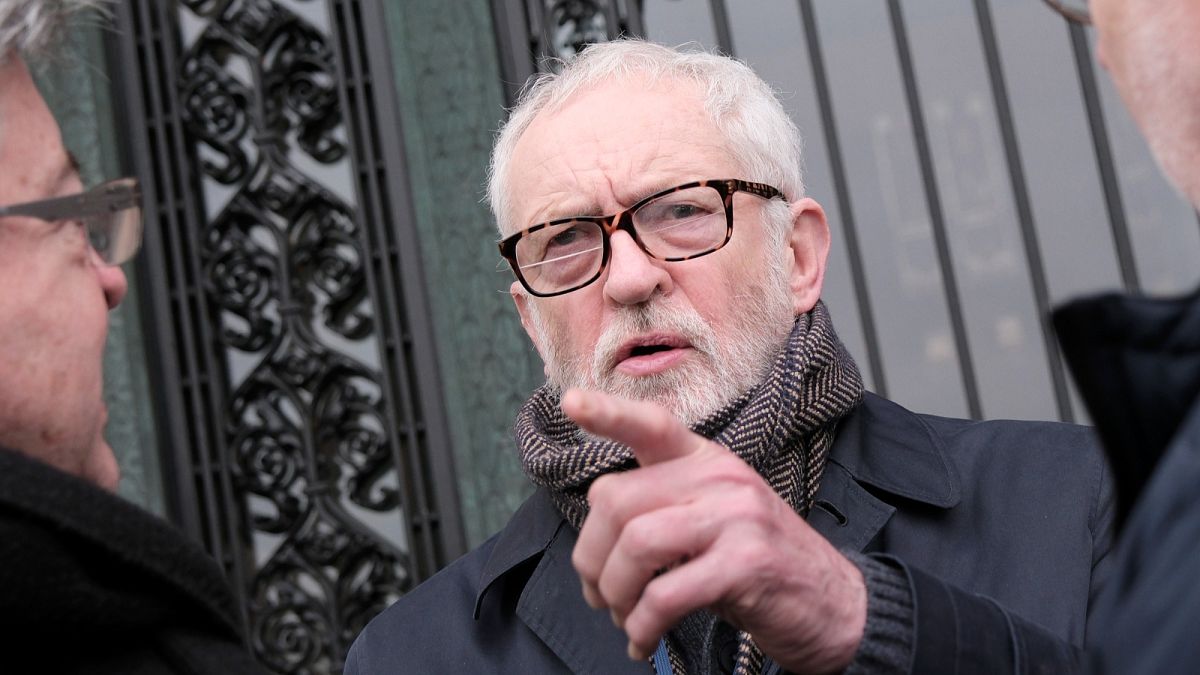

The political landscape in Britain is witnessing a transformation with the announcement of a new left-wing party spearheaded by former Labour leader Jeremy Corbyn and fellow ex-MP Zarah Sultana. Meanwhile, across Europe, major digital companies face increasing scrutiny under the Digital Markets Act, with Google at the center of recent complaints. Additionally, concerns are rising globally as extremist groups, particularly neo-Nazi factions, expand their presence internationally.
Jeremy Corbyn, once a pivotal figure in the UK Labour Party, has embarked on a fresh political journey by launching a new left-wing party alongside Zarah Sultana. This initiative aims to build on Corbyn’s robust grassroots support, which has persisted despite electoral defeats during his leadership in 2017 and 2019. The party seeks to distinguish itself from previous short-lived political movements by leveraging Corbyn’s significant public presence. Their ambition is to create a powerful platform free from conventional political obligations, emphasizing the interests of its supporters and fostering a sense of genuine representation.
The forthcoming landscape for this political movement remains uncertain, yet it draws attention as a potential new force in British politics. Reflecting on past attempts to introduce new parties, such as Change UK—which dissolved shortly after its inception in 2019—skepticism accompanies expectations. Nevertheless, the new party’s advocates are optimistic and motivated to influence change significantly.
Turning attention to technological realms, Google’s recent entanglement with the European Union’s Digital Markets Act (DMA) underlines the ongoing debates surrounding digital monopolies. The DMA, enacted to mitigate ‘gatekeeper power’ of dominant digital enterprises, targets practices that potentially limit consumer choice. Google’s case highlights the legislation’s role in fostering a diverse and competitive digital marketplace. The complaints put forth suggest that the tech giant restricts user preferences, raising questions about the fairness in the digital sphere. This reminder of regulatory oversight serves as a call for transparency and accountability within digital operations.
Finally, international security dynamics are in flux as neo-Nazi groups, particularly those styled as ‘active clubs’ advocating through martial arts, extend their influence beyond American borders into communities from Canada to Finland. These organizations promote far-right ideologies, fostering environments that espouse exclusionary and extremist beliefs. Recent demonstrations in locales such as London, Canada, by masked individuals underscore the challenges posed to societal cohesion and safety. This development alerts international stakeholders to the rising threats posed by these groups, emphasizing the need for collaborative measures to counteract their spread.
The narrative unfolding across these diverse sectors—be it political transformation in the UK, regulatory shifts in Europe, or security concerns on a global scale—illustrates a world in rapid evolution. Each segment offers a glimpse into arenas where change is either a sought-after goal or an ongoing challenge. Through these stories, a picture emerges of societies striving for balance, seeking progress while confronting enduring questions about power, influence, and safety.
Source: {link}
